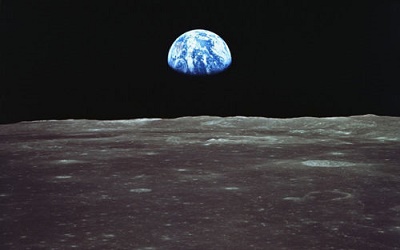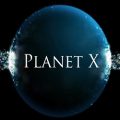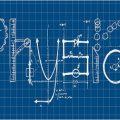PTE考生目前最大的问题之一就是练习题缺乏。除了有限的基本官方书(PLUS,Testbuilder, OG)之外
就没有题了。很多英语基础不是很扎实的同学很难找到练习材料。悉尼文波雅思PTE培训学校专门为澳洲,尤其是悉尼、墨尔本的PTE考生准备了适合PTE听力阅读练习的科学60秒。各位PTE同学可以练习PTE听力中的summarise spoken text和PTE口语中的retell lecture,PTE听力口语-科学60秒-Frosty Moss练习记笔记技巧和复述。废话少说,下面开始:
听力内容:
60秒科学节目(SSS)是科学美国人网站的一套广播栏目,英文名称:Scientific American – 60 Second Science,节目内容以科学报道为主,节目仅一分钟的时间,主要对当今的科学技术新发展作以简明、通俗的介绍,对于科学的发展如何影响人们的生活环境、健康状况及科学技术,提供了大量简明易懂的阐释。
The moon has taken its fair share of beatings, as its craters attest.
And last fall the moon took the biggest impact we’veever seen, when a huge meteorite slammed into thearea known as the Mare Nubium basin.
Spanish astronomers spotted the September 11thcollision using a telescope network that automatically scans the moon.
The impact vaporized rock and created a flash of light brighter and longer than any we’ve everrecorded on the moon’s surface.
The compact–car sized meteorite smashed into the moon at 61,000 kilometers per hour.
The ensuing explosion had the force of 15 tons of TNT, creating a new crater 40 meters wide.
Anyone on Earth who happened to be moon–gazing at the time would have seen a flash almostas bright as the North Star.
The moon gets pummeled by space rocks more often than Earth does because it lacks ourprotective atmosphere.
The friction from passing through this blanket of air burns up most incoming meteors, lettingthrough only the largest ones.
Without such a shield, the moon is defenseless. Poor moon.
But hey—better it than Earth!
crater: [ˈkreɪtə(r)] n.火山口
meteorite:[ˈmi:tiəraɪt] n.陨石
vaporize:[ˈveɪpəraɪz] v.使蒸发
friction:[ˈfrɪkʃn] n.摩擦
悉尼文波PTE原创首发





